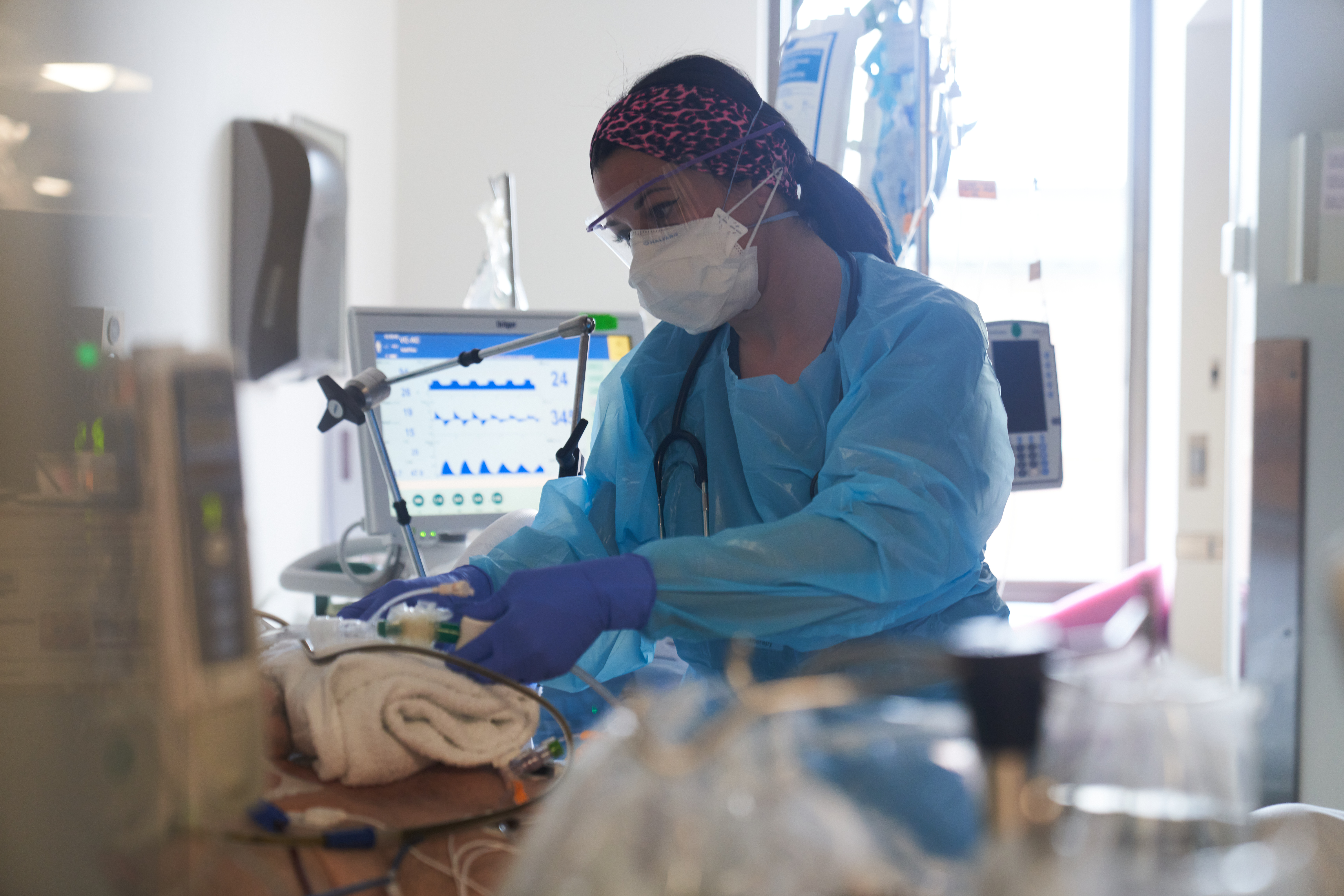Earlier this week, Dr. Anthony Fauci said it's too soon to tell whether the omicron variant of the coronavirus will bring an end to the pandemic. Top Boston doctors think it's not even close.
"We're, I would say now, still a long way away from being able to say that we are at an endemic stage of COVID-19 because we still have far more cases than expected, which is the definition of an epidemic," Brigham and Women's Hospital Chief of Infectious Disease Dr. Daniel Kuritzkes said.
During NBC10 Boston's weekly "COVID Q&A" series Tuesday, three top Boston doctors talked about whether 2022 will be the year COVID-19 turns endemic — meaning the virus will continue to circulate but at lower, more predictable levels.
More from this series
Get Boston local news, weather forecasts, lifestyle and entertainment stories to your inbox. Sign up for NBC Boston’s newsletters.
During a virtual panel Monday at the World Economic Forum’s Davos Agenda online conference, Fauci said he hopes the omicron-driven surge will build immunity, but that would only happen if there isn't another variant that eludes the immune response. Dr. Shira Doron, hospital epidemiologist at Tufts Medical Center, doubts that will be the case.
"I just don't see why there wouldn't be another variant around the corner," she said. "I think that there's always going to be an animal reservoir in which the virus can mutate. There's always going to be immunocompromised patients who get COVID and in whom the virus can mutate. And you know, those are kind of the two prevailing theories where omicron arose."
Boston Medical Center's Dr. Sabrina Assoumou, who also serves on Boston Mayor Michelle Wu's COVID-19 Advisory Committee, emphasized the importance of global vaccination.
"If we want to get to our new sense of normalcy, we're really going to have to work very hard to make sure that we vaccinate the world," Assoumou said.
"We're, I would say now, still a long way away from being able to say that we are at an endemic stage of COVID-19"
Brigham and Women's Hospital Chief of Infectious Disease Dr. Daniel Kuritzkes
While Doron noted that global vaccination is important, she remains skeptical that it will hinder any further mutations of the virus.
"I don't think that in and of itself it would prevent variants from arising. I think that's going to be the new normal that we live with," she said. "And hopefully, you know, it doesn't cause the kind of surge that omicron caused, but I also think it's possible that could happen again."
Kuritzkes compared the COVID-19 pandemic to the flu. There's epidemic flu that occurs in the winter months and then the case numbers go down, with very few sporadic cases before it then it returns the following winter.
"All of us wish we had a crystal ball, but there really isn't going to be a way of knowing that we've gotten to an endemic stage until what we see are a steady, small number of cases, just as we see with with influenza," he said.



